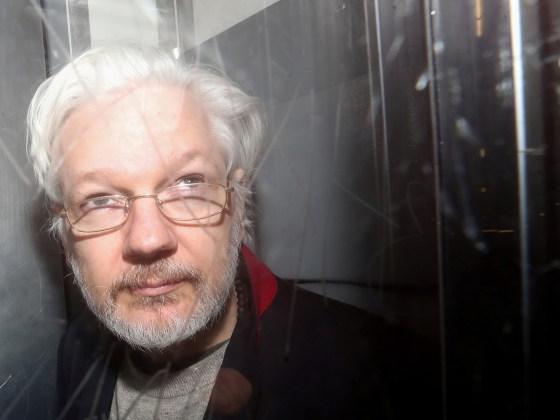After a 14-year legal battle, Julian Assange, the WikiLeaks founder, has been released from prison and is now a ‘free man’ following his guilty plea to a single felony charge under the Espionage Act. The US court in Saipan, Northern Mariana Islands, accepted Assange’s plea and credited him for the 62 months already served in the UK’s Belmarsh high-security prison, negating the need for further imprisonment in the United States.Assange’s release marks the end of a contentious and prolonged legal saga that began with the publication of classified US military documents in 2010. The Australian government, along with human rights organizations, has been advocating for his release, citing concerns over Assange’s health and human rights. Prime Minister Anthony Albanese’s efforts are recognized in the push for Assange’s freedom. Despite the US government’s initial intent to prosecute Assange for a potential 175-year sentence for espionage charges, the plea deal negotiated a significantly reduced sentence. Assange’s lawyer, Jennifer Robinson, emphasized the case’s implications for journalists and publishers worldwide, as it sets a precedent for legal actions against individuals involved in disseminating classified information.While Assange is prohibited from returning to the US without permission, he is now free to reunite with his family in Australia. The UN has welcomed his release, acknowledging the human rights concerns raised by his case. However, the US has criticized the deal, calling it ‘false justice’ and arguing that it ‘dishonors the service and sacrifice of our military men and women’. Assange’s wife, Stella, has expressed overwhelming emotion and relief at her husband’s release and has launched an appeal for donations to cover the cost of his return flight to Australia.
Key points
- Julian Assange released after pleading guilty to a single charge under the Espionage Act, ending a 14-year legal battle.
- Assange credited for time served in the UK, no further prison time in the US.
- Australian government and human rights organizations advocated for Assange’s release.
- Assange’s case raises concerns about press freedom and the legal treatment of journalists.
- Mixed reactions to Assange’s release, with UN welcoming and US criticizing the plea deal.
Contradictions👾Some sources report that Assange’s release is a victory for press freedom, while others criticize it as undermining national security.



